March 10, 2014 – It strikes me today that the cynicism that accompanies our political discourse is a symptom of a growing disconnect between those who govern and those who are governed. We are seeing evidence of this everywhere across the globe. And this is leading to the emergence of a sovereign citizen movement.
The Maidan in Kiev is just one example. The April Spring of Tahrir Square in Cairo is another. Scottish, Catalonian and Quebec secession movements speak to issues that represent the emergence of potential nation states from within existing ones. It appears that there is nothing sacred about “nation” anymore, particularly when citizens find that those who govern them are incapable of addressing the most fundamental of needs.
A great example of citizens as environmental enforcers comes from Australia where a recent citizen response to the newly elected Australian government has led to a crowdfunded not-for-profit council being formed to continue to report on climate change issues. That’s because the newly elected Australian national government has been dismantling the green policies of the previous administration.
From Australia we have another example of citizen empowerment in the absence of government. MPAN stands for the Missing Persons Advocacy Network. In the absence of action by police related to missing persons within Australia, and started by a single family searching in vain for a missing loved one, this non-profit formed to provide guidance and advice to families. Since coming online in November 2013, MPAN has seen inquiries from not only Australia, but also the United Kingdom, United States and Germany.
Add these to the more traditional ways in which citizens organize around cause whether it be to oppose a wind turbine, incinerator, or nuclear power plant in their neighbourhood, help a local family deal with traumatic life issues, raise money for a government-overlooked and underfunded cause, or at the extreme, form independent militias. The Tea Party in the United States is in some ways a non-government citizen-response organization within an existing political party. It is both part of government and anti-government. And it is a symptom of the age in which we live and a portent of our political evolution in the 21st century.
Citizen participation has always been about empowering individuals, or small collectives to focus on causes and issues in which they believe. But now more than ever these non-state actors see government as being an impediment to meeting the causes citizens are so passionate about. All are being facilitated by the Internet and the rise of social networks.
I have written about 350.org and Avaaz.org in the past, two movements that are phenomena of the Internet and social networking age. Both are non-national entities with significant reach beyond political borders. Both are focused on issues that transcend the globe. Both have moved from being strictly online to active participation in protests against governments and corporations all around the world, addressing environmental issues and perceived injustices.
Aboriginal communities in Canada and in other parts of the world are exerting influence through ancestral treaty rights to impede governments and companies who they believe are ignoring the environment in the cause of economic growth.
Are all of these examples of individual and group empowerment a symptom of the decline of the nation state? Not necessarily. How will the rise of non-state actors from individual empowered citizens to secession movements impact nations here in the 21st century? We are already seeing the outcomes in failed and failing states. South Sudan has emerged from Africa’s former largest country, Sudan. Yugoslavia no longer exists. Somalia has an autonomous government operating in its northern third. The Soviet Union is fragmented into a series of republics with Russia scrambling to reassert its will in the current crisis in Ukraine. Scotland and Catalonia may become the newest members of the European Union within the next two years. And Quebec in Canada is facing an April election in which a separatist party may once again assume the mantle of government and begin yet another cycle of referenda on the future of the province.
In 1963 the United Nations defined community in which the first element was “the participation by the people themselves in efforts to improve their level of living, with as much reliance as possible on their own initiative.” It would seem that in the 21st century with national governments struggling with debt and often paying more attention to political infighting then issues of national importance, that what the United Nations first defined in the 20th century may prove to be the model for 21st century societies.
Related articles across the web

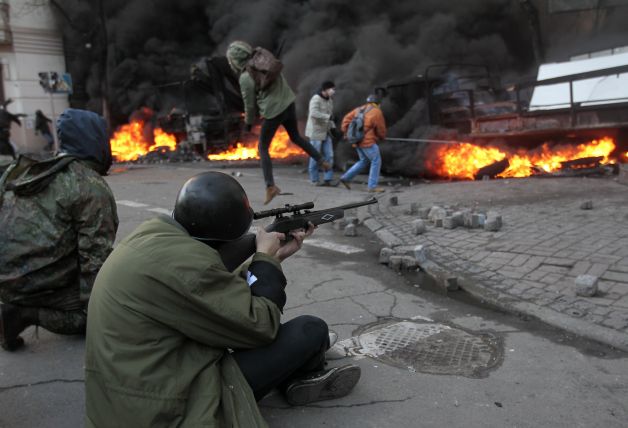
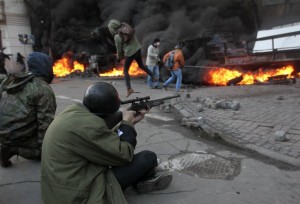






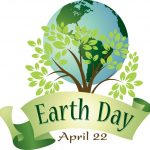
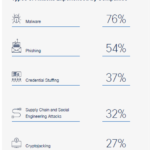



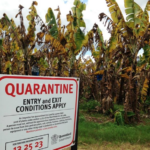







[…] https://www.21stcentech.com/society-politics-part-4-empowerment-individuals-social-groups/ […]
[…] Society and Politics – Part 4: The Empowerment of Individuals and Social Groups https://www.21stcentech.com/society-politics-part-4-empowerme.….al-groups/ […]
[…] Society and Politics – Part 4: The Empowerment of Individuals and Social Groups […]